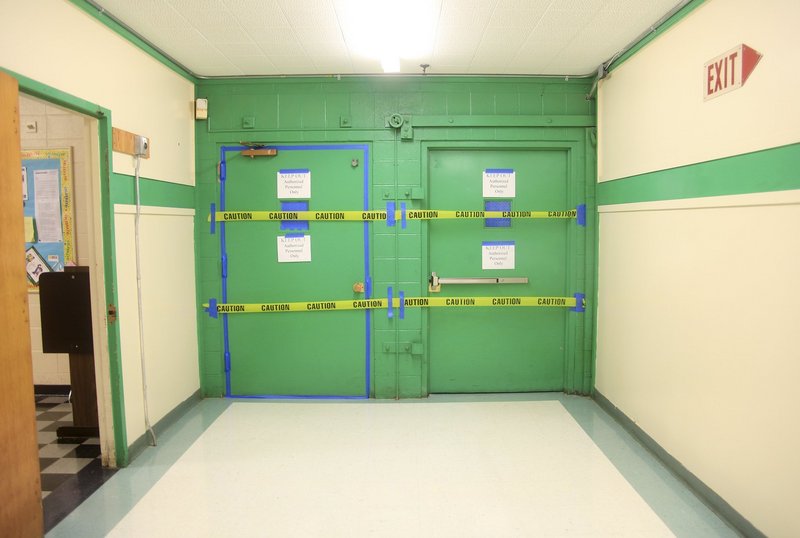Spending on schools tends to prompt some familiar arguments.
The needs of children who are getting what could be their only shot at an education are balanced against the burden on taxpayers, the majority of whom don’t have children in the schools.
The conversation usually brings passion from both sides of the argument, and one side or the other usually walks away feeling that they lost.
But as the Portland City Council’s finance committee begins reviewing a proposed $39 million referendum to renovate three elementary schools, it’s worth entertaining the idea that the two camps have more interests in common than conflicting ones.
Portland’s school board is coming forward with a school facilities upgrade plan that has been in the works for the last year.
The first priority is the Hall School, which was already overcrowded when it was damaged by fire last year. Hall School and Longfellow Elementary School are both eligible for state funding, and administrators are optimistic that they will receive it.
Three other schools that need renovation but are not likely to get state support are Reiche, Presumpscot and Lyseth. They would be the subject of the $39 million bond issue that would be supported entirely by local voters. The benefit to families of students is obvious, but even families that don’t include students benefit from what are perceived as “good schools.”
A 2010 study by the Federal Reserve Bank of St. Louis found a direct relationship between the quality of public schools and the prices paid for houses nearby. The quality of the physical plant is not the only thing that matters, but it does contribute to the quality of the educational program and the desirability of the district.
But even though homeowners benefit from higher home values, there is a limit on how high taxes can go without having a negative impact on the whole community — students and their families included. A lack of affordable housing has a number of negative impacts, including declining enrollments that lead to school cuts.
So, it’s less of a battle between competing interests than an effort to balance common ones.
The finance committee will have to answer some basic questions before recommending this referendum. Is $39 million the right amount? When is the best time to make these investments? Can the city’s taxpayers afford to make them?
But they also should be asking what kind of community Portland wants to be a decade from now, and how its investments in these schools will make a difference.
Send questions/comments to the editors.



Success. Please wait for the page to reload. If the page does not reload within 5 seconds, please refresh the page.
Enter your email and password to access comments.
Hi, to comment on stories you must . This profile is in addition to your subscription and website login.
Already have a commenting profile? .
Invalid username/password.
Please check your email to confirm and complete your registration.
Only subscribers are eligible to post comments. Please subscribe or login first for digital access. Here’s why.
Use the form below to reset your password. When you've submitted your account email, we will send an email with a reset code.